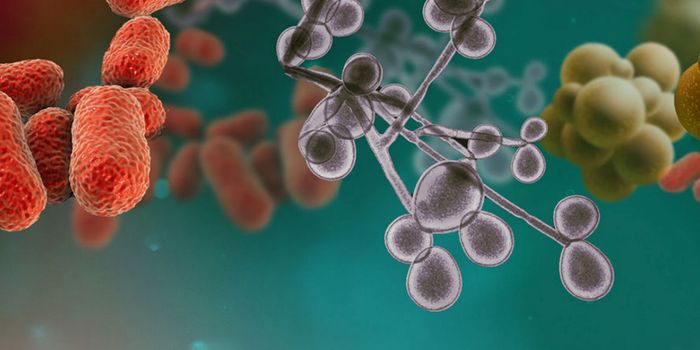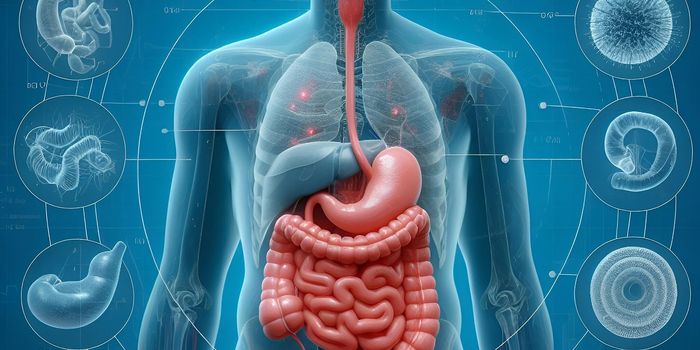Young Inventor Creates Award-winning At-home Cancer Diagnostic
Getting a breast cancer diagnosis often means having to endure multiple tests, including some painful and invasive procedures. Detection of malignancy involves one or more tests such as physical examinations, blood tests, mammograms, ultrasounds, MRI scans and tissue biopsies. Inspired by her own mother’s experience with breast cancer, 23-year-old Judit Giró Benet asked the question: what if women could quickly and easily monitor for breast cancer from the comfort of their homes?
In response, Giró Benet created the Blue Box — an AI-powered medical device that analyzes urine in search of specific cancer markers. The results are then wirelessly transmitted to the user’s smartphone via a special app. This potentially life-saving innovation has been awarded the international James Dyson Award 2020, with Giró Benet pocketing a £30,000 cash prize.
The user experience is simple and seamless. Users insert a supplied collection vial containing a urine sample into the Blue Box. Within around 30 seconds, a series of sensors begins reacting with any metabolites in the sample that indicate of the presence of a possible malignancy. The data is then securely sent to the cloud where the algorithm is run to process the data. Upon reaching a diagnosis, the user receives an alert on their phone. All this without having to enter a doctor’s clinic.
According to Giró Benet, the Blue Box doesn’t just work in theory. Thanks to a powerful AI-based diagnostic algorithm, early validation tests set the device’s classification rate at above 95 percent.
“The Blue Box has the potential to make cancer screening a part of daily life. It can help to change the way society fights breast cancer to ensure that more women can avoid an advanced diagnosis,” said Giró Benet who plans to use the prize to fund further development and patent filing with the view of eventually testing the device in clinical trials.
Sources: The James Dyson Award, iNews.


![[Guide] 7 Strategies to Boost Laboratory Collaboration](https://d3bkbkx82g74b8.cloudfront.net/eyJidWNrZXQiOiJsYWJyb290cy1pbWFnZXMiLCJrZXkiOiJjb250ZW50X2FydGljbGVfcHJvZmlsZV9pbWFnZV83YzBjZWIwM2Y5YzI4MmFlYzBhZDZhMTcyNTQ1ZGU3YmE4Y2MzMDYyXzUxNDkuanBnIiwiZWRpdHMiOnsidG9Gb3JtYXQiOiJqcGciLCJyZXNpemUiOnsid2lkdGgiOjcwMCwiaGVpZ2h0IjozNTAsImZpdCI6ImNvdmVyIiwicG9zaXRpb24iOiJjZW50ZXIiLCJiYWNrZ3JvdW5kIjoiI2ZmZiJ9LCJmbGF0dGVuIjp7ImJhY2tncm91bmQiOiIjZmZmIn19fQ==)






